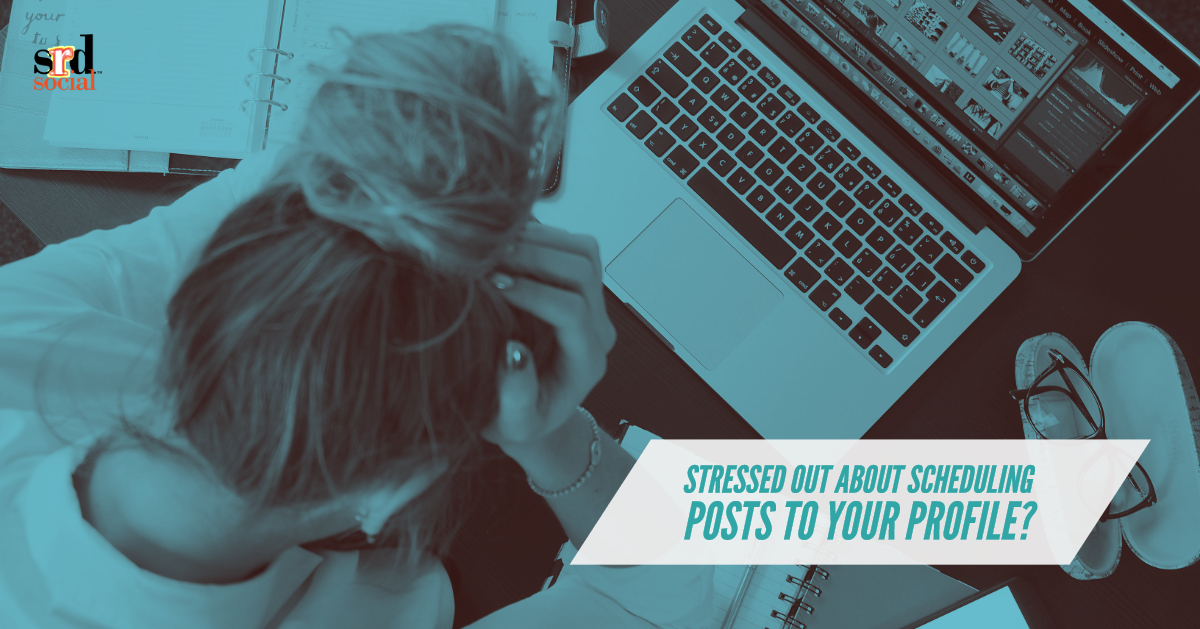How A Freelance Developer Can Protect Your Website Against Cyber Attacks
Guest post by Cody McBride of Tech Deck
The business world is moving online, and this increased access to the digital world makes your company susceptible to cyber attacks. Sensitive data and financial information is an attractive target for cybercriminals. Regardless of whether you are a large business owner or an individual, protecting your website against cyber attacks should be a priority.
Is Your Business A Target?
In 2021 Yahoo Finance predicts there will be 65000 ransomware attacks on businesses. Cyber Security Statistics states that cybercrime is up 600% since the COVID-19 Pandemic, with scammers posing as the Center for Disease Control and Prevention (CDC) or World Health Organization (WHO) representatives.
The effects of cybercrime are far-reaching. A cyber attack can have a financial cost, it can result in loss of sales and customers, and have a detrimental effect on brand loyalty. A Deloitte study states that one-third of customers would withdraw consent to use their information if they didn’t perceive steps were in place to prevent intruders from stealing their information.
Cybercriminals are constantly developing new ways to access your information and funds. There are many ways in which your website can be breached.
- Infecting your site with ransomware
- Redirecting your visitors to a different site
- Hijacking software
- Stealing intellectual property
- Bringing your site down
How To Protect Your Website From Cyber Attacks
There are several steps you can put in place to protect your website against cyberattacks, or to retrieve data if you have been hacked:
- Backup Your Data
If you are subjected to a cyberattack, ensure that you have your data stored in a separate location so you can restore files. Backups should be done daily and server backups weekly or monthly.
- Choose A Reputable Web Host
Choose a website host that offers backup and actively works to update software to prevent cyber attacks. A good web hosting provider will monitor your site for unusual behaviour and anomalies that may indicate a hacker.
- Install An SSL On Your Website
A certificate for an SSL (Security Socket Layer) is easily installed via most web hosts. An SSL will let you manage personal information securely and guard your website against attacks.
- Update Software
Software updates often include important security upgrades designed to protect against cyber attacks. Many programmes allow you to set up automatic updates but check updates weekly to be safe.
- Install Antivirus And Security Software
Install security software that includes anti-virus, anti-spyware, and anti-spam filters. Malware or viruses can infect your computers, laptops, and mobile devices.
- Set Up A Firewall
A firewall works as a gatekeeper to keep traffic coming to your website, thereby helping to protect your internal networks.
- Encrypt Important Information
Turn on your network encryption and encrypt data when stored or sent online. Encryption turns your data into unreadable code before it is sent over the internet.
- Learn To Recognise Suspicious Activities
An off-sounding email, a request for personal information, or unauthorized connections can all indicate that someone is trying to hack your site.
Hire A Professional To Protect Your Site
The above details can be overwhelming, but it is important to make sure that your website is set up correctly. Unless you’re a guru, the recommendation is to hire a professional to assist you with your hardware, software, and procedures. Freelance developers like Steady Radiance Design can do the hard work for you and give you peace of mind that your site is secure.
Before employing anyone make sure you speak to at least 3 candidates and look carefully at their previous reviews. Consider their delivery time and cost; cheapest is not always best, as reputation and recommendations are the best measures of success.
Install Physical Security
Software, hardware, and policies that keep trouble at bay are a great start, but your devices themselves can also be stolen and hacked. Keep your electronics secure when you’re out and about, carrying them on your person and not leaving them unattended. If you leave a device in your vehicle, be sure to lock the doors, and consider stashing it safely in your trunk. Similarly, adding a security system to your home or office can help prevent theft.
Cyber attacks are a sad reality of the digital world. Most online businesses will be subject to a cyber attack at some point. Herrodtech states that 50% of small businesses suffered a security breach in 2020. Large or small, if you have an investment in content or data online, you need to put safeguards in to protect your property.
Take your business to the next level, with marketing, graphics, and branding from Steady Radiance Design! Get in touch today.


